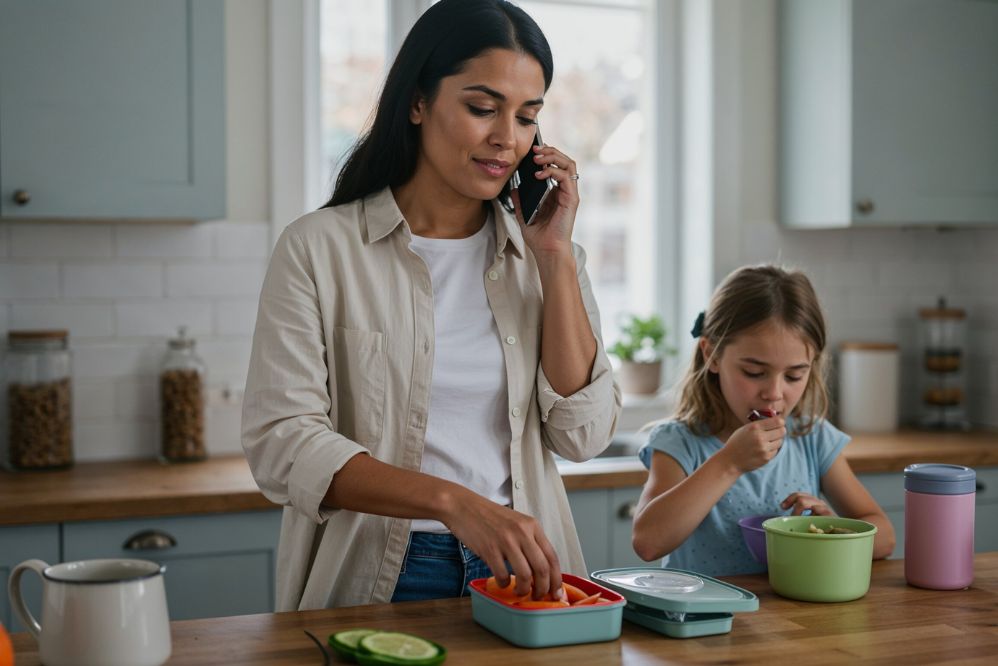We all love the sense of accomplishment that comes with completing a task, but juggling too many items at a time can have some unwanted consequences. Read on to learn about the downsides of multitasking and how you can rid yourself of the bad habit.
Why You Shouldn’t Multitask
Your Brain Wasn’t Made for Multitasking
According to Earl Miller, a neuroscientist at MIT and multitasking expert, our brains are “not wired to multitask well.” Rather than focus on multiple things at a time, our minds are quickly switching from one task to another. And the more you try to multitask, the more you lose focus on each task you’re juggling.
Multitasking Lowers Your IQ
Believe it or not, multitasking actually decreases your intelligence: A study found that distractions caused by phone calls or emails lowered participants’ IQs by as much as 10 points. The cognitive impact of such a decrease is the same as losing an entire night of sleep.
Considering this, it’s no surprise that multitasking reduces efficiency, quality of work, and overall productivity.
Multitasking May Cause Long-Term Damage
The damage might not end when the multitasking does.
A study from the University of Sussex performed MRI scans on people who used multiple devices — such as a cell phone and TV — at once. The study found that those who multitasked more frequently tended to have less brain density in the anterior cingulate cortex (the area of the brain tasked with emotional control and empathy).
Researchers still haven’t determined if multitasking is responsible for this, or if brain damage causes people to multitask. Either way, avoiding multitasking is for the best.
How to Stop Multitasking
Multitasking is so instilled in our daily lives that it may take some conscious effort to stop. Start by trying these methods.
Get Rid of Distractions
As obvious as it may sound, if you don’t expose yourself to distractions, you don’t run the risk of trying to multitask. Turn off your phone, close out of your email, and surround yourself only with whatever is necessary for the task at hand.
Give Yourself Less Time
The more time you have to dedicate to a task, the more likely you are to get distracted and start multitasking. The opposite is also true: When you’re on a tight deadline, you tend to block everything else out to focus on getting your work done as quickly as possible. To make this your norm, limit the time you allot for each task so that multitasking isn’t a possibility.
Reduce Your Tasks
When you have an inordinate amount of things to do, multitasking is always going to be a temptation. The simplest way of solving this problem is to reduce the amount on your plate. Whether you’re a young professional, CEO, or stay-at-home parent, letting a personal assistant handle some of your tasks can help you avoid multitasking — and its negative effects.










